Today is a breakthrough moment in British politics, where citizens from all across the country will head down to their local polling stations and cast their vote to determine the government.
In preparation for one of the most significant periods in the country, let us quickly recap everything you need to know before election day.
How and when will it be held?
The election will take place on Thursday, 4th July, between 7 AM and 10 PM.
There are a total of 650 parliamentary constituencies within the country, and registered voters will vote for their preferred candidate to be their local MP at polling stations that will be set up only for that day.
Remember, you can only vote if you are registered with the electorate.
Where do I go to vote?
As previously mentioned, registered voters will cast their vote at their local polling station. The location of your polling station is typically near your home address. By now, you should have received your polling card in the post, which will tell you where your allocated polling station is, as well as everything you need to bring along with you to vote.
How do I cast my vote?
A big question rests on a lot of first-time voters’ minds: how do I actually vote?
It’s helpful to note that the UK uses the FPTP system, meaning that you aren’t voting for the leader of the party directly. Instead, you are voting for the candidate that is representing your local area.
When you head down to the polling station, they will give you a card that has roughly seven candidates’ names on it, each either belonging to one of the political parties in the run or running as an independent. So, it’s important that before you cast your vote, you do some research on the MPs campaigning in your local area to discover their political agenda and their plans in the instance they get voted in.
The candidate with the most votes in that district wins, regardless of whether they achieve a majority.
What do I need to bring to the polling station?
Under rules introduced in May 2023, voters in England, Scotland, and Wales must come with valid photo ID to vote in person at a general election.
Common forms of ID include:
- Government-issued photo ID (e.g., driver’s license, passport)
- Voter registration card
- Utility bill, bank statement, or other official documents with your name and address
For more details on how to. vote, visit: https://www.gov.uk/how-to-vote
Who are the parties in the running and what are their agendas?
Labour
- Leader: Sir Keir Starmer
- Manifesto: Introduce a new industrial strategy, focus on building wealth instead of raising taxes. Decrease NHS waiting times by increasing health appointments to 40,000 each week, and double the number of cancer scanners. Scrap the government’s plan to send asylum seekers to Rwanda, but rather tighten border security and improve the country’s relationship with Europe.
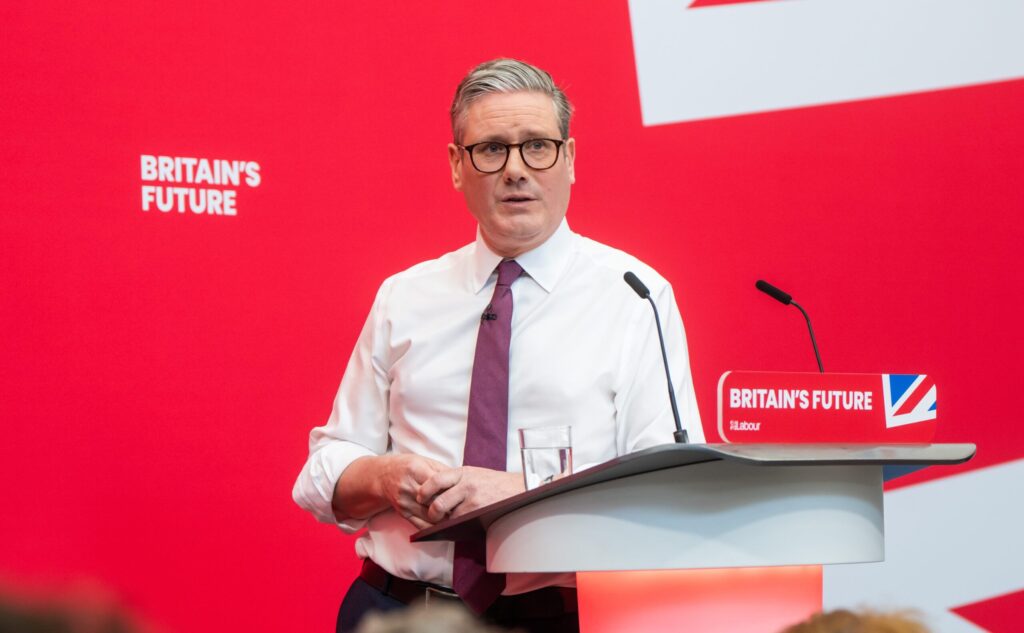
Conservatives
- Leader: Rishi Sunak
- Manifesto: Promote a stronger economy and cut taxes by £17 billion per year. Increase public health spending above inflation and boost defense spending to 2.5% of GDP by 2030, which will be funded through savings on tax evasion and slashing welfare spending. The Conservatives have also pledged to cap immigration numbers and remove some asylum-seekers to Rwanda.
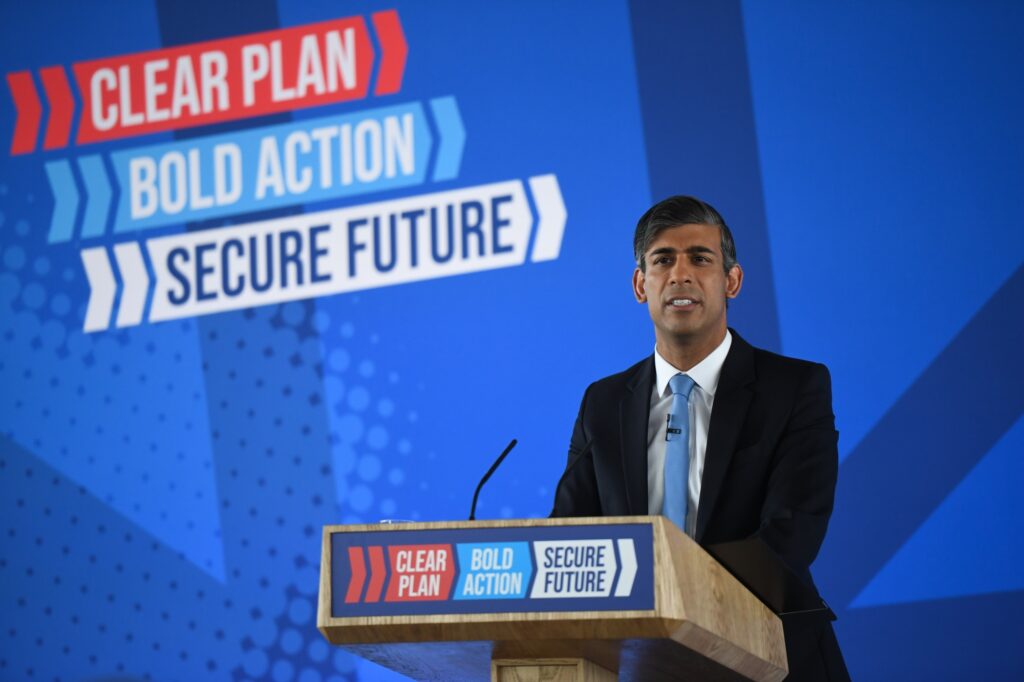
Reform UK
- Leader: Nigel Farage
- Manifesto: End all “nonessential immigration” and stop international students from bringing their dependents with them. Plans are in the works for leaving the European Convention on Human Rights so that asylum seekers can be deported without intervention from legislation and rights courts. Eliminate “net zero” goals to reduce greenhouse gas emissions in order to bring down energy bills.
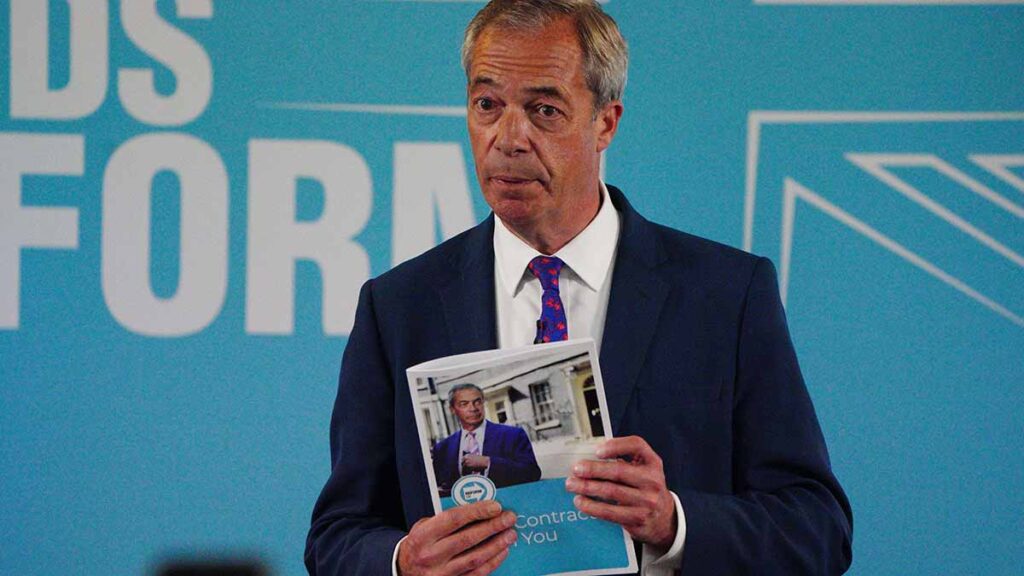
SNP
- Leader: John Swinney
- Manifesto: If the party wins a majority of seats in Scotland, he will open up Scottish Independence negotiations with the London-based UK government. He wants to rejoin the European Union/Single Market. Their agenda includes boosting public health funding, scrapping the UK’s Scotland-based nuclear deterrent, and an immediate ceasefire in Gaza.

Green Party
- Leaders: Carla Denyer and Adrian Ramsay
- Manifesto: Phase out nuclear power and get the UK to net zero by 2040. The Greens have pledged £24 billion a year to insulate homes and invest a further £40 billion a year in the green economy. This will come from a carbon tax and a new wealth tax on the wealthy.
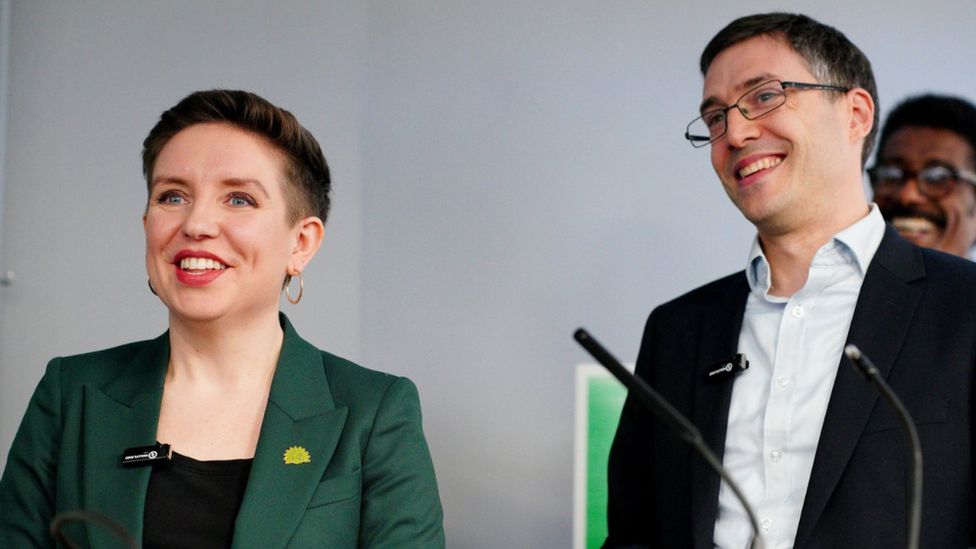
So, that’s it! Everything you need for today’s election. What are you waiting for? Head down to your nearest polling station, vote for your preferred candidate, and have your say today.
Thank you for reading, click the link below for our other Politics Articles:


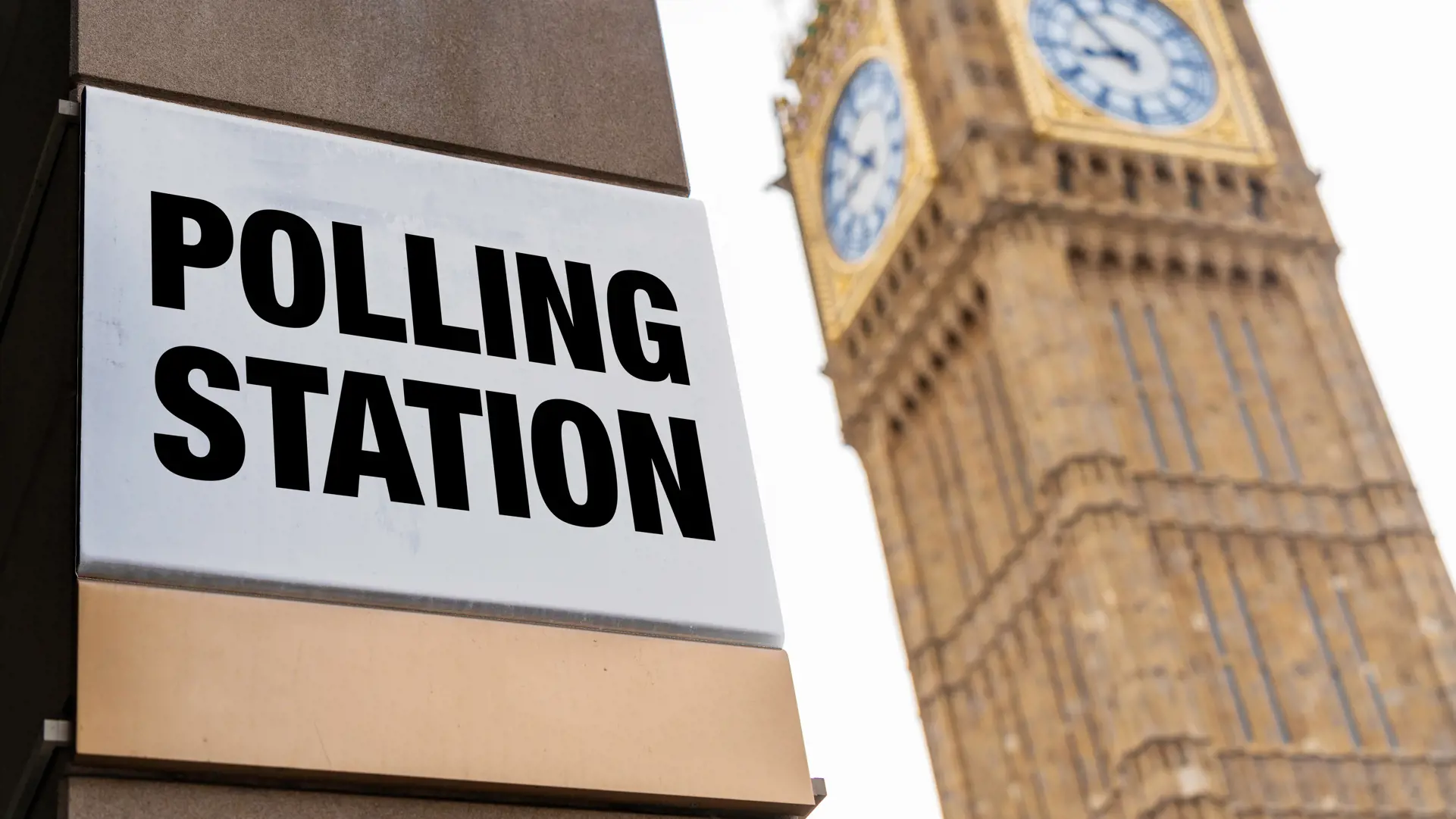

Leave a Reply
You must be logged in to post a comment.